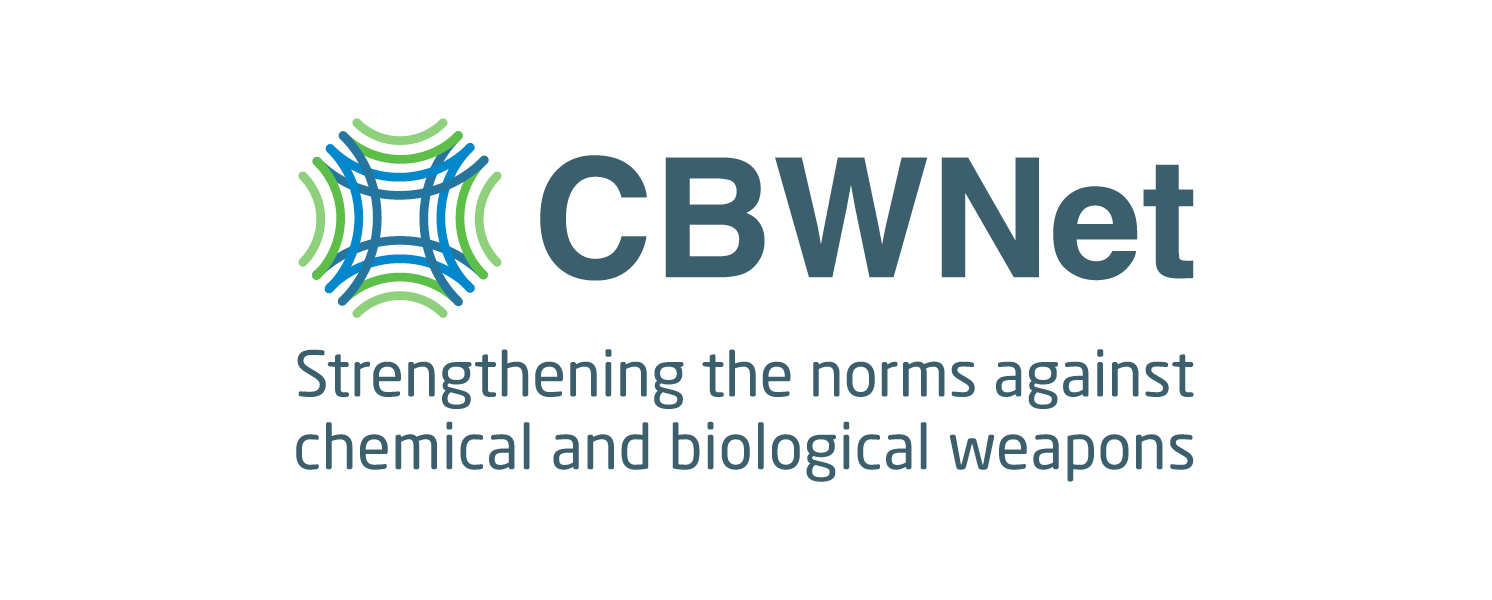25th anniversary of the Chemical Weapons Convention
The Chemical Weapons Convention (CWC) is one of the most successful disarmament treaties of all time: Almost all states are parties to it, and the Organization for the Prohibition of Chemical Weapons (OPCW) has verified the destruction of almost all reported chemical weapons stockpiles. Nevertheless, the treaty has come under pressure. Chemical weapons have been used more than 300 times in the Syrian civil war. Russia is suspected of having used chemical weapons against political opponents.
On the 25th anniversary of the entry into force of the CWC, the new research project and competence network CBWNet on the prohibition of chemical and biological weapons will be launched with an event at the Hamburg State Representation in Berlin. Some 40 representatives of the German government, the Bundestag, international NGOs and high-ranking OPCW diplomats will be present at the event, which is supported by the German Foreign Office.
Over the next four years, CBWNet scientists will explore ways to better control and ban chemical and biological weapons. "Against the backdrop of fundamental geopolitical changes and Russia's blocking of the UN Security Council's clarification of chemical weapons use in Syria, the resilience of the prohibition norms against chemical and biological weapons faces major challenges. Identifying ways to strengthen these norms is the central concern of our project," explains Dr. Oliver Meier, Senior Researcher at the Berlin office of the Institute for Peace Research and Security Policy at the University of Hamburg (IFSH), which is the consortium leader for CBWNet.
In addition to IFSH, the Leibniz Institute Hessian Foundation for Peace and Conflict Research (HSFK), the Chair for Public Law and International Law at the University of Giessen and the Carl Friedrich von Weizsäcker Center for Science and Conflict Research at the University of Hamburg (ZNF) are also involved in the project.
The Federal Ministry of Education and Research is funding the research project with almost three million euros, of which IFSH will receive about 864,000 euros.
